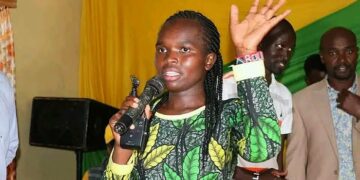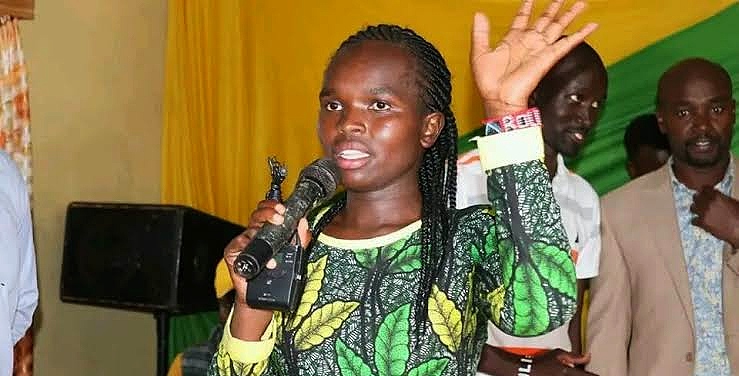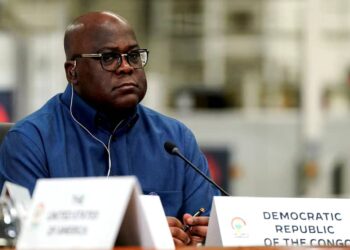By John Ikani
Kenyans have elected a record number of women to positions of power in this month’s polls, with the list including seven governors, three senators and 26 MPs, in a step towards gender equality.
The East African nation has long struggled to get women into politics, with men accounting for the overwhelming majority of elected officials and female politicians largely consigned to serving as one of Kenya’s 47 women representatives.
But the August 9 elections marked a breakthrough for female politicians.
In the populous Rift Valley town of Nakuru for instance, female candidates were elected to eight positions, including governor, senator and woman representative — with Susan Kihika, Tabitha Karanja and Liza Chelule claiming those victories.
“Now sit and watch and see what women can do in office,” said newly elected Senator Karanja, who runs Kenya’s second largest brewery Keroche Breweries Ltd.
Governor-elect Kihika thanked the voters of Nakuru “for being progressive and electing three women to the leadership of this county”.
‘Broken barriers’
“We celebrate the many women who have broken barriers to climb the political ladder. Best wishes as you embark on your new responsibilities,” Ruto said on Twitter on Saturday as results trickled in.
Kenyans voted in six elections, choosing a new President as well as senators, governors, lawmakers, women representatives and some 1,500 county officials.
With the exception of Ruto, all the presidential candidates had female running mates, including his main rival Raila Odinga, who picked former justice minister Martha Karua to join his ticket.
Women secured seven gubernatorial wins, more than doubling their 2017 tally.
They claimed the politically influential counties of Kirinyaga and Machakos as well as Meru, where former woman’s representative Kawira Mwangaza ran as an independent candidate and defeated her male competitors.
“Thank you for believing in me and in women leadership,” said Mwangaza.
“I am promising you that Meru will be the best county because there will be sustainable development projects,” she added.
Online Abuse
In addition to winning seven out of 47 gubernatorial races, female candidates claimed three out of 47 Senate seats up for grabs and 26 out of 290 MP positions.
Linet Chepkorir, 24, became the youngest female parliamentarian in Kenya’s history following her election as woman representative in the Rift Valley county of Bomet, barely a year after she graduated from university.
The victories capped a months-long election campaign that saw female candidates subjected to a barrage of online abuse, including aggressive sexist language, gender stereotyping, and sexual overtures.
The International Federation for Human Rights and the Kenya Human Rights Commission warned ahead of the poll that such tactics were “consciously deployed to prevent women politicians or candidates from participating in active politics”.
About 22.1 million voters were registered in a population of around 50 million. Nearly 40 percent of voters, or 8.8 million, are aged between 18 and 34, a drop since the last poll but still attesting to a vibrant youth contingent.
But observers say the record victories will likely embolden more women to enter the political fray and strengthen the push for gender parity.
According to Kenya’s 2010 constitution, each gender must have at least a third of seats in parliament.
But successive parliaments and governments have fallen short of the target.
Efforts to pass a law that would force the dissolution of parliament if the one-third threshold is not met have been repeatedly stymied by male lawmakers.
AFP



































